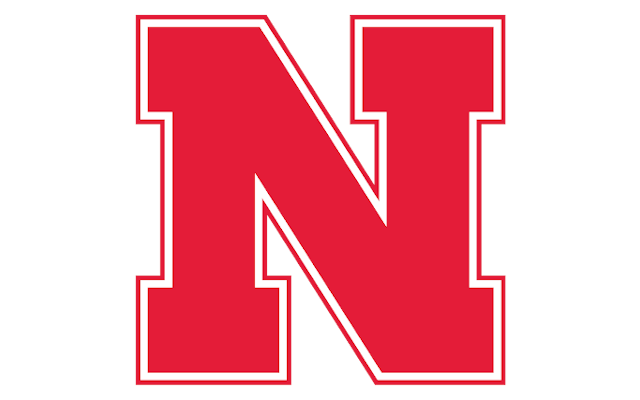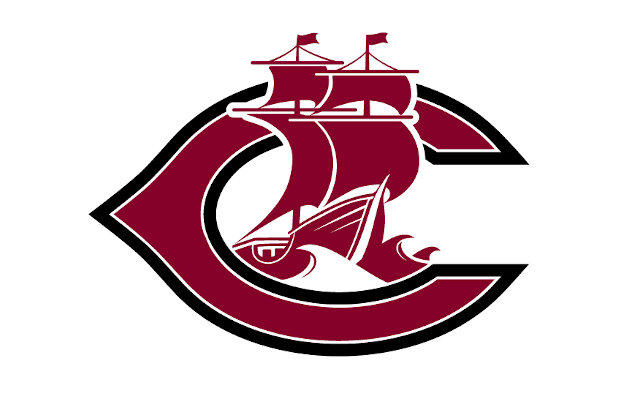Increased Access to Clean Drinking Water Could Improve Student Health In Nebraska

LYONS- Children spend a significant portion of their days in school for most of the calendar year, and public health advocates are concerned that too many are not drinking enough water, which can lead to a host of negative issues.
Jordan Rasmussen, with the Center for Rural Affairs, says insufficient water intake poses long-term health risks, and because dehydrated brains are not as sharp, kids find it harder to stay focused in class…
Increasing water consumption throughout the day has been linked to lower calorie intake, reduced dental decay and fewer cavities. Nebraska ranks in the top quarter of states for high school obesity rates. The state’s current childhood obesity rates are projected to cost taxpayers 487-million dollars in future health-care costs and lost productivity.
Less than a third of high school age kids currently drink the recommended 10 glasses per day, and one in four drink less than one per day. Kids from age nine to thirteen should drink nine glasses, and four- to eight-year-olds should drink seven.
Rasmussen believes the state has a role to play in helping schools develop solutions…
Part of the problem is structural, older facilities with aging pipes that don’t produce cold, clean-tasting drinking water. Some schools have added water-bottle filling stations, and Rasmussen says with a little extracurricular effort and good policy, all students in Nebraska could have free access to safe drinking water.


